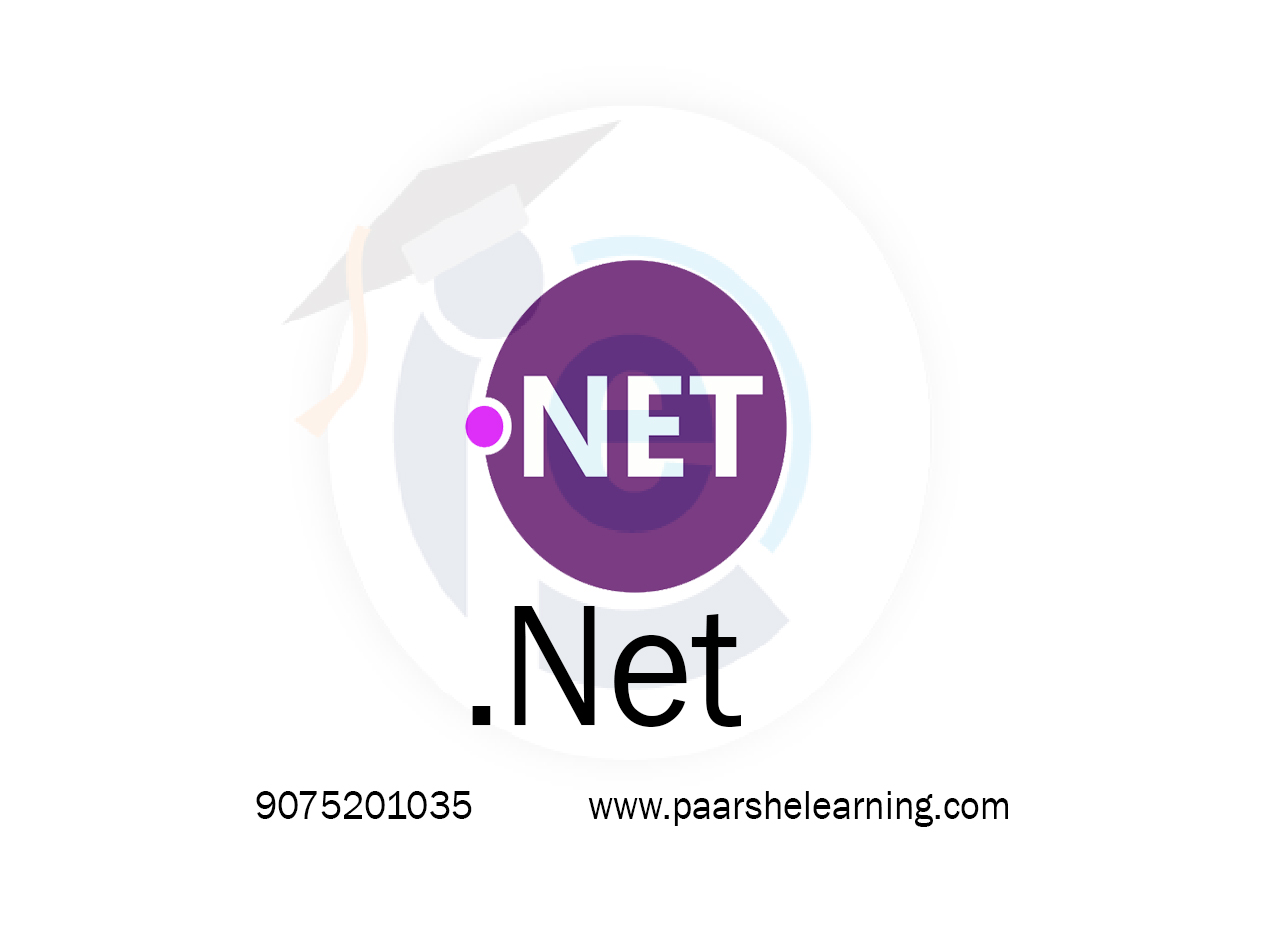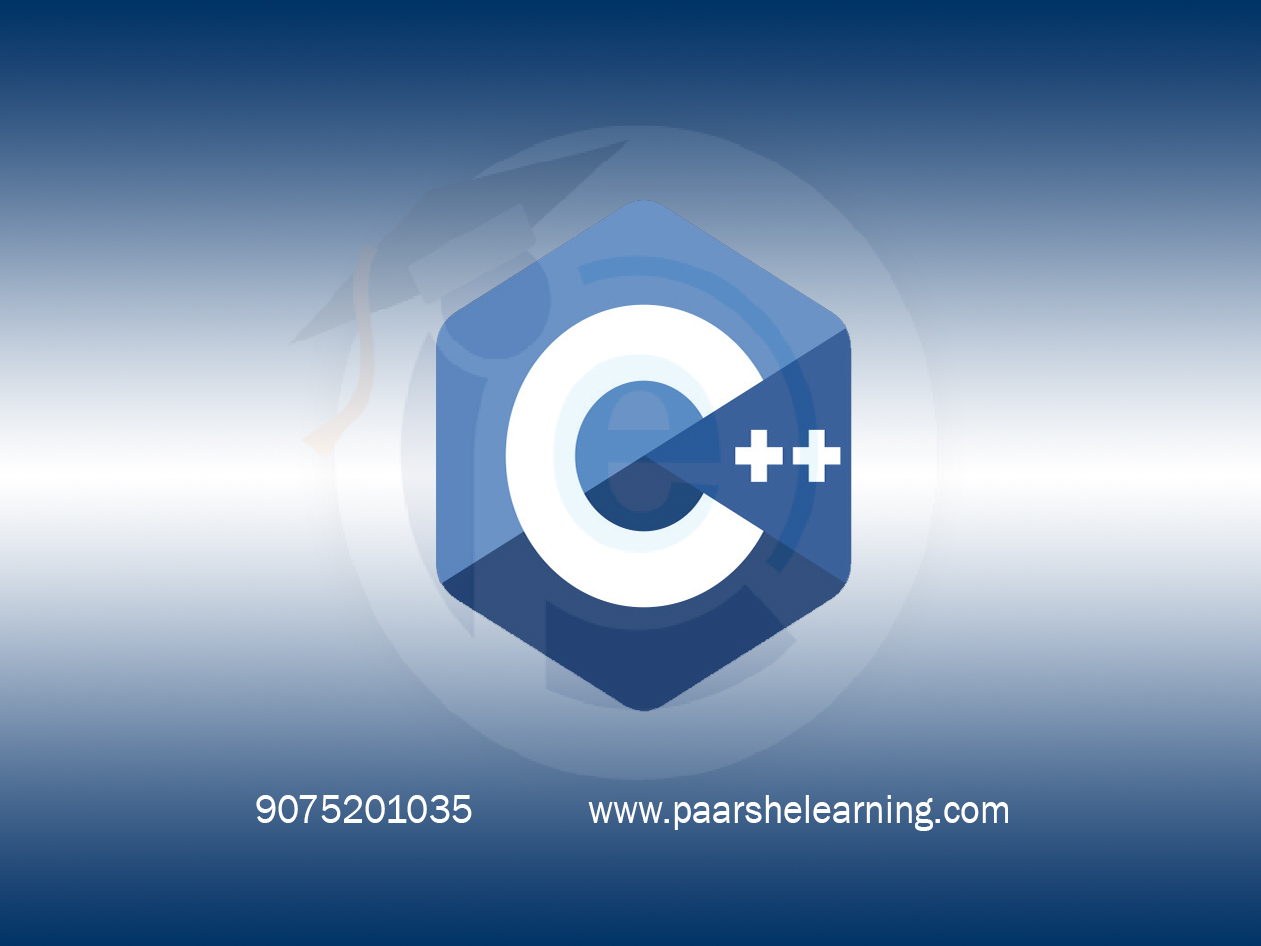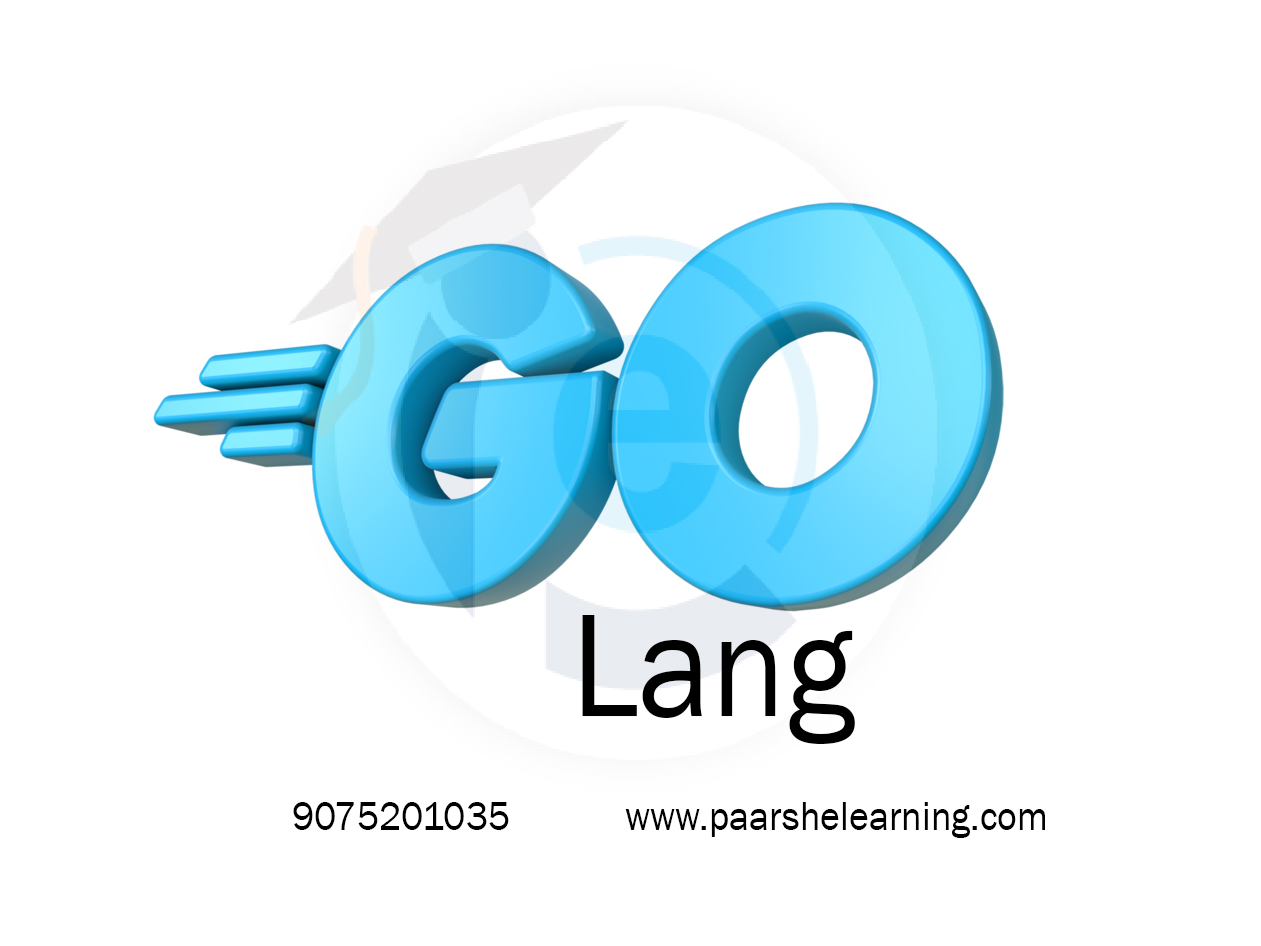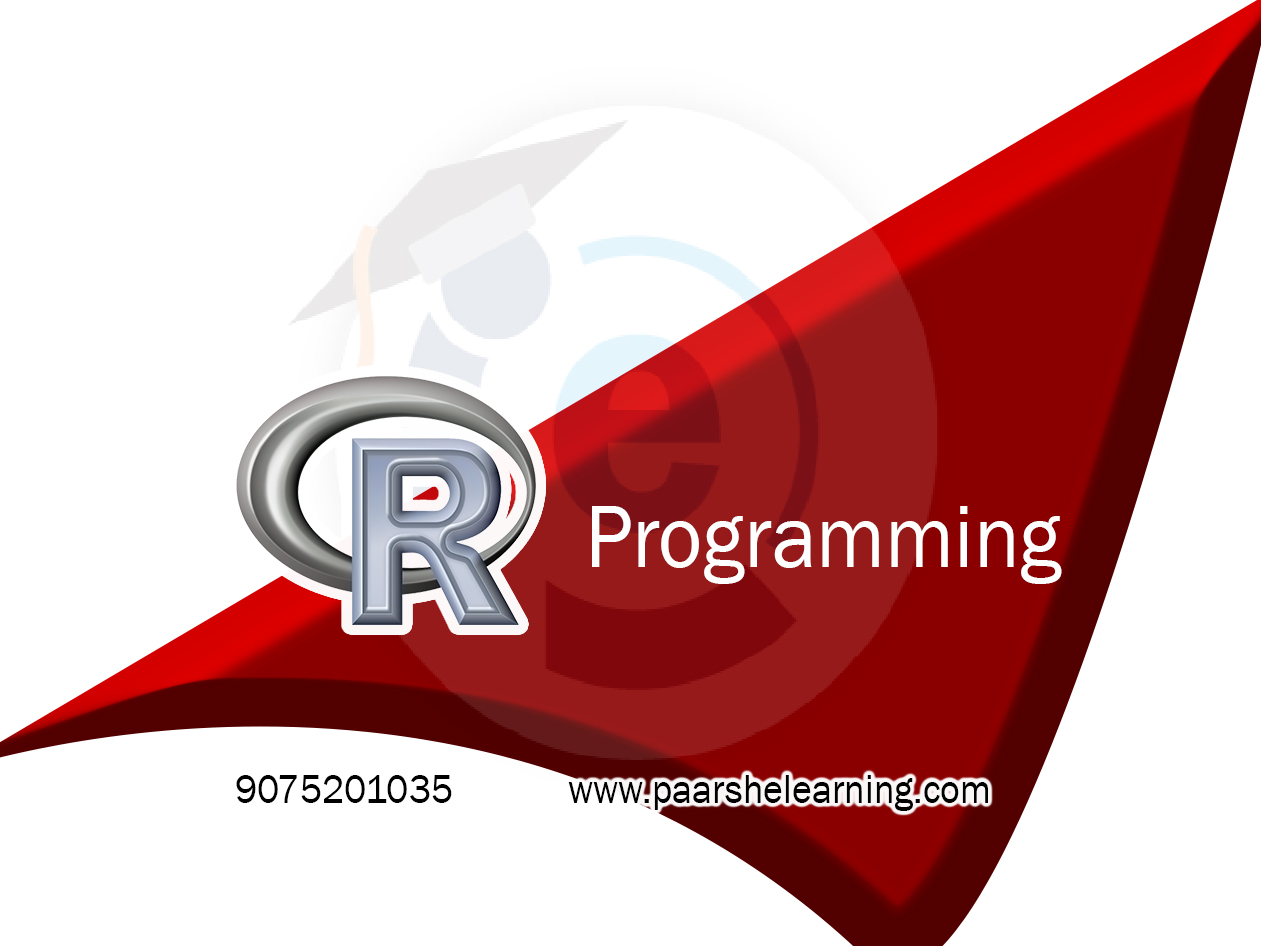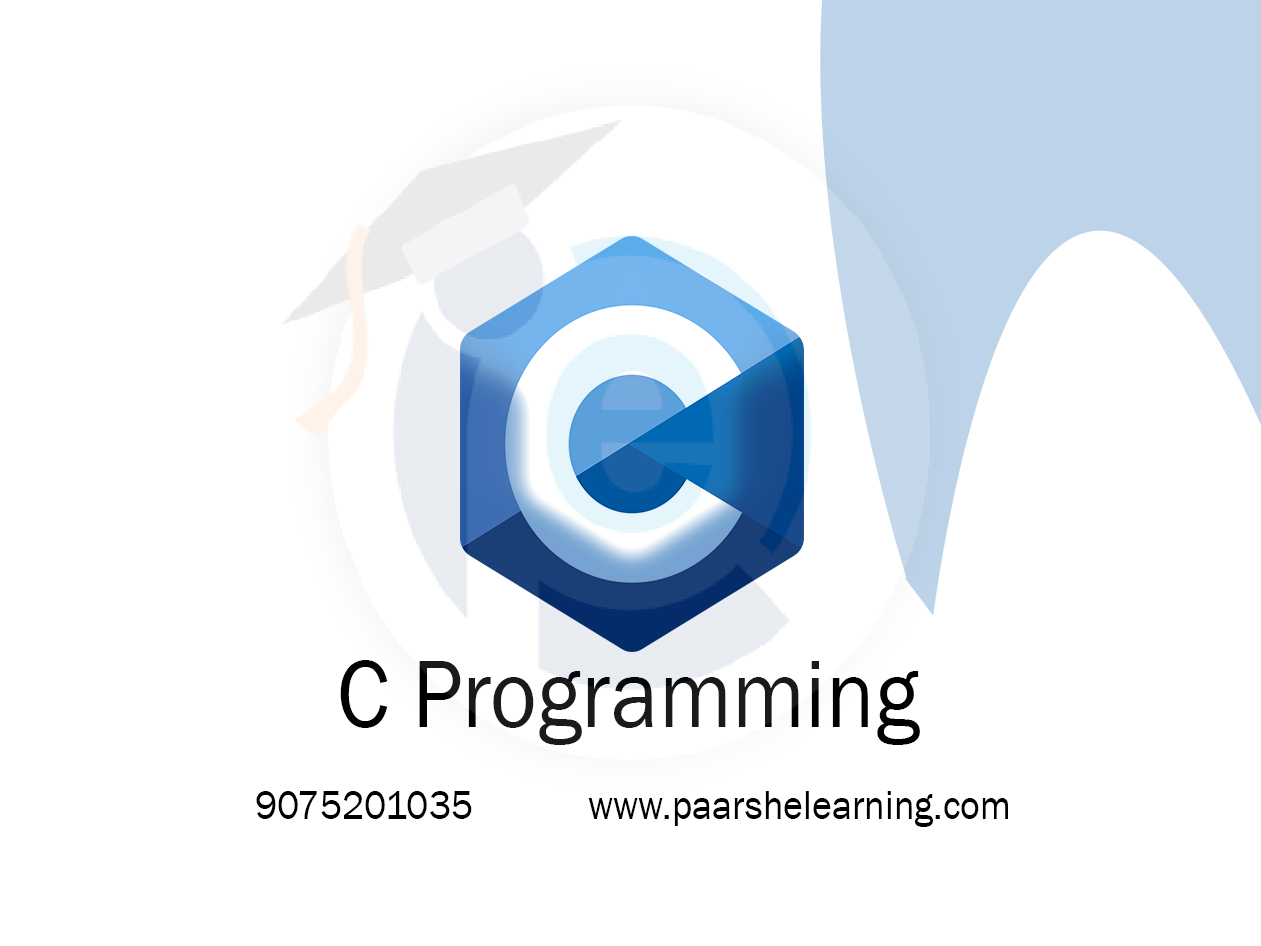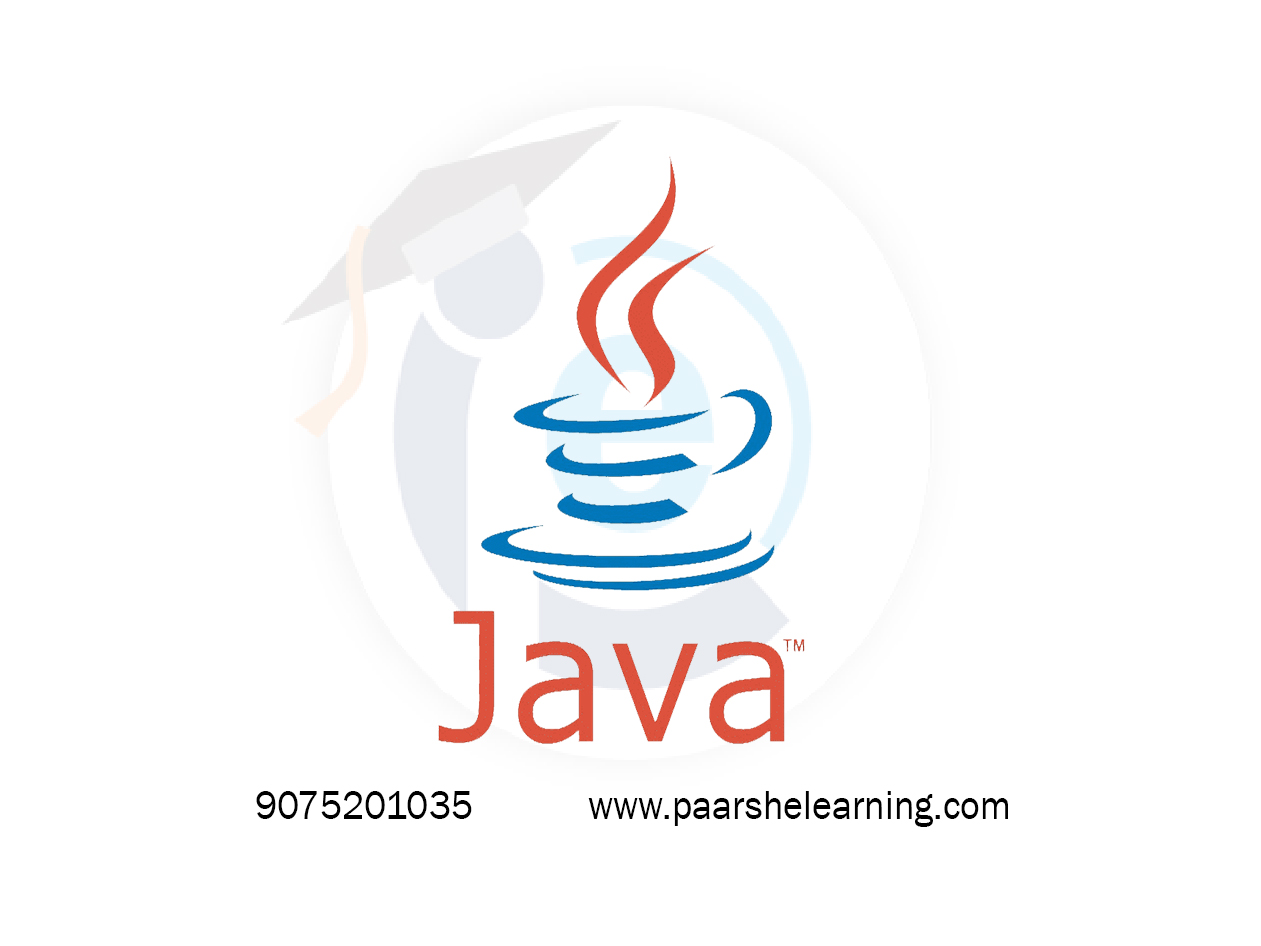- A .NET course can cover a variety of topics depending on the level of the course and the specific focus of the curriculum. However, here are some common topics that you might learn in a .NET course:
- Introduction to .NET: A .NET course may start with an overview of the framework and its components, including the CLR, .NET languages, and development tools.
- C# programming: C# is a popular programming language used for .NET development. A .NET course may cover the basics of C# programming, including data types, variables, operators, control structures, and functions.
- ASP.NET: ASP.NET is a framework for building web applications using .NET. A .NET course may cover the basics of ASP.NET, including web forms, MVC, and Web API.
- Windows Forms: Windows Forms is a framework for building desktop applications using .NET. A .NET course may cover the basics of Windows Forms, including building UI elements and handling events.
- Database integration: Many .NET applications require integration with databases. A .NET course may cover how to work with databases using .NET, including querying, updating, and managing data.
- Cross-platform development: A .NET course may cover how to build applications that can run on multiple platforms, including Windows, Linux, and macOS.
- Deployment and hosting: Once you've built a .NET application, you'll need to deploy it and host it somewhere. A .NET course may cover different deployment and hosting options for .NET applications.
- Overall, a .NET course can be a great way to learn how to develop applications using this powerful framework. Whether you're interested in web development, desktop applications, or mobile app development, .NET has many tools and features that can help you achieve your goals.
.Net
Course description
.NET is a software framework developed by Microsoft that provides a programming model, libraries, and runtime environment for building and running applications. If you're interested in learning .NET, here are some prerequisites that can be beneficial:
-
Basic Programming Concepts: Familiarize yourself with fundamental programming concepts such as variables, data types, operators, control structures (loops and conditionals), functions, and basic input/output operations. Understanding these concepts will provide a solid foundation for learning. NET.
-
Object-Oriented Programming (OOP): .NET is built around the principles of object-oriented programming, so having knowledge of OOP concepts is crucial. Understand the principles of encapsulation, inheritance, polymorphism, and abstraction. Practice implementing classes, objects, inheritance hierarchies, and interfaces.
-
C# Programming Language: C# is the primary language used for .NET development. Familiarize yourself with the C# programming language syntax, data types, control structures, classes, and objects. Understand how to write C# code to solve programming problems.
-
Integrated Development Environment (IDE): Choose an Integrated Development Environment (IDE) for .NET development, such as Visual Studio or Visual Studio Code. These IDEs provide features like code editing, debugging, project management, and code completion that enhance your development experience.
-
.NET Framework and .NET Core: Understand the different versions of .NET, including the .NET Framework (Windows-only) and .NET Core (cross-platform). Familiarize yourself with the basic concepts of the framework, such as the Common Language Runtime (CLR), the Base Class Library (BCL), and the framework's architecture.
-
.NET Standard and NuGet: Learn about .NET Standard, which is a specification that defines a set of common APIs that are available across different .NET implementations. Additionally, understand how to use NuGet, a package manager for .NET, to install and manage external libraries and dependencies in your .NET projects.
-
ASP.NET (Web Development): If you're interested in web development with .NET, learn about ASP.NET, the framework for building web applications using. NET. Understand concepts such as web servers, HTTP protocol, routing, controllers, views, models, and data access with ASP.NET.
-
WinForms or WPF (Desktop Development): If you're interested in desktop application development with .NET, explore either Windows Forms (WinForms) or Windows Presentation Foundation (WPF). These frameworks allow you to create user interfaces and interact with the underlying system.
-
Database Basics: Familiarize yourself with the basics of working with databases, such as understanding relational database concepts, SQL queries, and data access technologies like Entity Framework. NET.
-
Resources and Learning Materials: Utilize reliable learning resources such as Microsoft's official documentation, tutorials, video courses, and books dedicated to teaching .NET development. These resources provide structured learning materials, examples, and exercises to help you grasp the concepts and best practices. NET.
-
Practice and Projects: Apply your knowledge by practicing coding exercises and working on small projects. Building practical applications will help solidify your understanding of .NET and improve your problem-solving skills.
.NET is a versatile framework used for a wide range of applications, including web development, desktop software, mobile apps, game development, and more. As you progress in your .NET learning journey, you can explore specialized areas such as ASP.NET Core, Xamarin for cross-platform mobile development, and Unity for game development.
What you will learn from this course?
This course includes!
- Daily Live session
- A recorded session with problem-solving material
- Access on Mobile and TV
- Certificate of completion
- Recommendation Letter
- Resume building sessions
- 100% Job Placement
This course is for
- A .NET course can be beneficial for a wide range of individuals who are interested in software development. Here are some examples of who might benefit from a .NET course:
- New developers: If you're just starting out in software development, a .NET course can be a great way to learn the basics of programming and gain experience with a popular development framework.
- Experienced developers: If you're already an experienced developer, a .NET course can help you expand your skillset and learn new tools and techniques for building applications.
- IT professionals: If you work in IT and need to support .NET applications, a .NET course can help you better understand how these applications work and how to troubleshoot issues.
- Web developers: If you're interested in web development, a .NET course can teach you how to build web applications using ASP.NET and other related frameworks.
- Desktop application developers: If you're interested in building desktop applications, a .NET course can teach you how to build applications using Windows Forms and other related frameworks.
- Mobile app developers: If you're interested in building mobile apps, a .NET course can teach you how to build cross-platform apps using Xamarin and other related tools.
- Overall, a .NET course can be beneficial for anyone who is interested in software development and wants to learn how to build applications using this popular framework. Whether you're a beginner or an experienced developer, a .NET course can help you achieve your goals and advance your career.
Prerequisites for this course
- Programming fundamentals: A basic understanding of programming fundamentals, including variables, data types, control structures, and functions is important for a .NET course.
- Object-oriented programming (OOP): .NET is built on an OOP paradigm, so it is helpful to have a basic understanding of OOP concepts like classes, objects, inheritance, and polymorphism.
- C# programming: C# is a popular language for .NET development, so having a basic understanding of C# programming is important for a .NET course.
- Web development: If the .NET course focuses on web development, you may need a basic understanding of web development concepts like HTML, CSS, and JavaScript.
- Database fundamentals: Many .NET applications require integration with databases, so having a basic understanding of database concepts like SQL and database design is helpful.
- Visual Studio: Visual Studio is a popular development environment for .NET development, so having some familiarity with this tool is helpful for a .NET course.
- Overall, the prerequisites for a .NET course can vary depending on the specific focus of the curriculum. However, having a basic understanding of programming fundamentals, object-oriented programming, and C# programming is important for any .NET course.
.net Language Syllabus
-
Introduction To .net And C#
Understanding the .NET framework and its components Installing Visual Studio and setting up the development environment Basics of C# syntax and structure Writing and running your first C# program
-
Variables, Data Types, And Operators
Introduction to data types: int, float, string, etc. Working with variables, constants, and literals Using arithmetic, relational, and logical operators Typecasting and operator precedence
-
Control Flow And Decision Making
Implementing if, else if, and else statements Working with switch-case statements Using loops: for, while, do-while Using break and continue statements
-
Object-oriented Programming (oop) In C#
Introduction to classes and objects Defining attributes and methods in classes Constructors and method overloading Inheritance, polymorphism, and encapsulation
-
Collections And Generics
Working with arrays, lists, dictionaries, and sets Understanding generics and their benefits Creating and using generic classes and methods Exploring LINQ (Language Integrated Query)
-
Exception Handling And Debugging
Handling exceptions using try-catch blocks Throwing and propagating exceptions Debugging techniques in Visual Studio Using the Debugger and Breakpoints
-
File I/o And Data Access
Reading and writing files in C# Understanding streams and readers/writers Introduction to ADO.NET for database connectivity Performing CRUD operations with databases
-
Advanced .net Concepts And Web Development
Introduction to ASP.NET for web development Creating web applications using ASP.NET Web Forms or ASP.NET MVC Introduction to .NET Core/.NET 5+ for cross-platform development Building a complete project using various aspects of .NET
-
Paarsh E-Learning encourages hands-on practice and assignments throughout the course to reinforce students' understanding of .NET and C# concepts. Assign projects that gradually increase in complexity to challenge their skills. Cover both theoretical concepts and practical coding exercises to provide a well-rounded learning experience.
